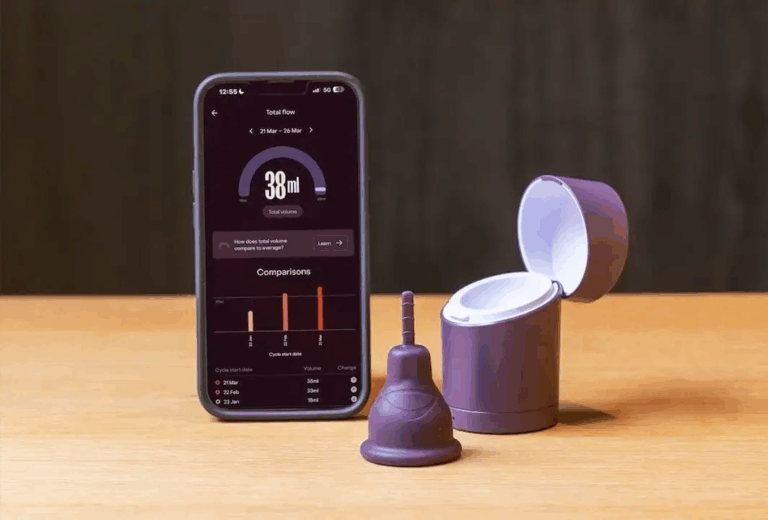Food and pharmaceutical companies want a bigger say in what we eat.
What’s happening: According to a new report, influence peddling has infiltrated the advisory committee for US Department of Agriculture’s Dietary Guidelines for Americans.
- Nine of 20 had conflicts of interest with food & bev, pharma, and weight loss industries.
- Four have links with companies that have previously lobbied to influence the report.
- Two or more members failed to disclose financial roles with Novo Nordisk, Eli Lilly, and Weight Watchers (WW), National Dairy Council, and Abbott.
No surprise, this has become a standard practice since the framework’s inception, published every five years since 1980. In previous years, as much as 95% of the council had high-risk conflicts.
Why it matters: More than one-off recommendations, these guidelines can impact nutrition-related education, healthcare, and retail policies for years to come. A start, calling out industry-funded experts is one thing, but Big Food and Pharma’s influence remains an ongoing concern.
- In 2020, the USDA ignored the committee’s advice to cut sugar and alcohol allowances.
- Multiple Big Food brands have ongoing relationships with the Academy of Nutrition and Dietetics and American Academy of Pediatrics, among others.
- The American Beverage Association paid dietitians, physicians, and fitness influencers to sway public opinion regarding nutritional information.
Punchline: Ultra-processed, sugar-laden food dominates the US food system, and it’s harming our well-being. As industry influences fight to undermine the very definition of healthy, eating well won’t get any easier.






